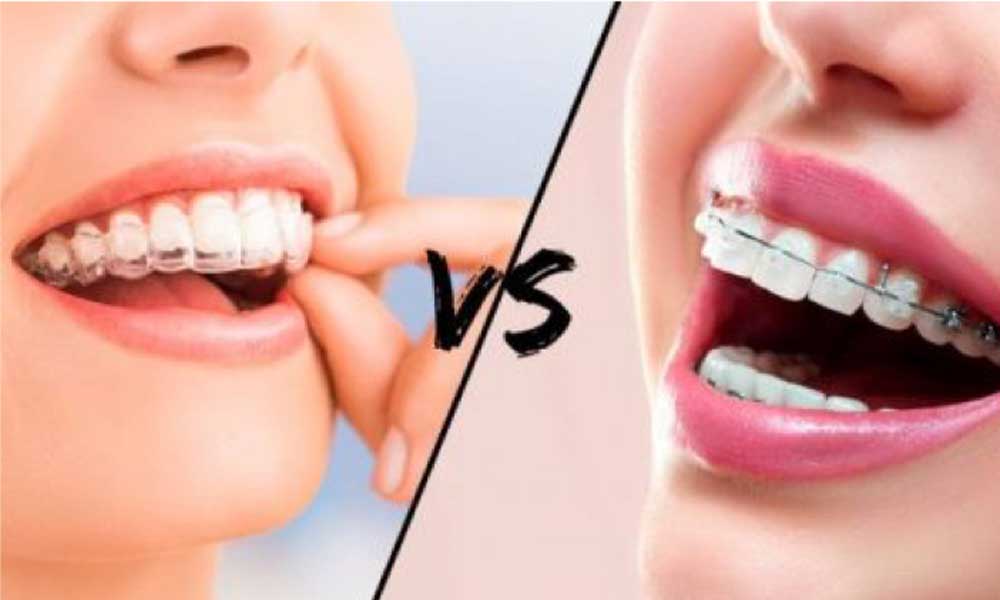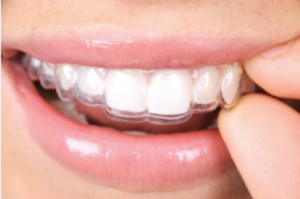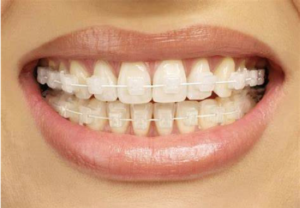Aligners or Fixed Braces. Which Would Be Better?

Orthodontic treatment offers a minimally invasive way to straighten teeth. It can be a huge benefit for many patients to correct poorly positioned teeth, improving both your tooth function and the appearance of your smile.
There is a misconception that orthodontics is for children and adolescents only. However, increasingly, more adults are seeking and undergoing orthodontic treatment. There are many advantages for them doing so. This includes;
- To improve access for oral hygiene therefore reducing risks of gum disease and dental decay
- To improve your smile by aligning overlapped or rotated teeth
- To prevent irreversible tooth wear from traumatic biting positions
- To correct overbites and overjets
The Two Types Of Braces
There are two main types of orthodontic braces: conventional braces and clear aligners. Many people are faced with the dilemma of choosing which system will work best for them and interfere the least with daily life.
There are advantages and disadvantages of both fixed braces and aligners. Deciding on the right option for you can greatly depend on individual circumstances and your treatment goals.
Aligners
Aligners are virtually invisible and can offer a great solution for simple tooth movements such as where there is mild crowding. They are removeable and in most cases, more comfortable than fixed braces, taking less time to adapt to.
However, aligners rely greatly on compliance and will power. If they are not being worn full time, they will not produce the desired tooth movement. This means that you may end up needing additional aligners at extra costs and prolonging the treatment time.
Aligners are also restricted in the amount and variety of tooth movements possible, therefore, can be unsuitable for some patients’ orthodontic problems or may only be able to provide a compromised result. As a result, aligner therapy is suited mostly to the simplest of cases. Treatment times and costs can also exceed that of fixed braces.
Fixed Braces
Fixed braces on the other hand, offer much greater versatility and can be used to correct significantly more orthodontic problems in a much more predictable way.
This means many more people are candidates for fixed braces.
Although they can take more time to adapt to initially, they rely much less on compliance and in the great majority of cases, after an initial adaptation period, have minimal effect on daily life.
For some people not being able to remove their braces is an advantage and as they are working all the time, treatment times can be much shorter than in equivalent aligner cases. They are however more visible and more difficult to keep clean than aligners, which are removed for eating and hygiene. You will need to adapt your diet to avoid very hard, sticky foods and those which may cause temporary staining around brackets.
What Should I Go For?
In summary, for disciplined patients, with mild crowding or malalignment, wearing a series of discrete aligners may be the ideal choice. Conversely, for those who have less will power or who may have more complex orthodontic problems, fixed braces may be superior.
Regardless of all these things, it is important that you seek professional advice and have a full assessment before making any decisions to ensure that the direction that your take will achieve the desired outcome in a safe and predictable way.
For further information and a free no obligation consultation, please call 01939 211150.







